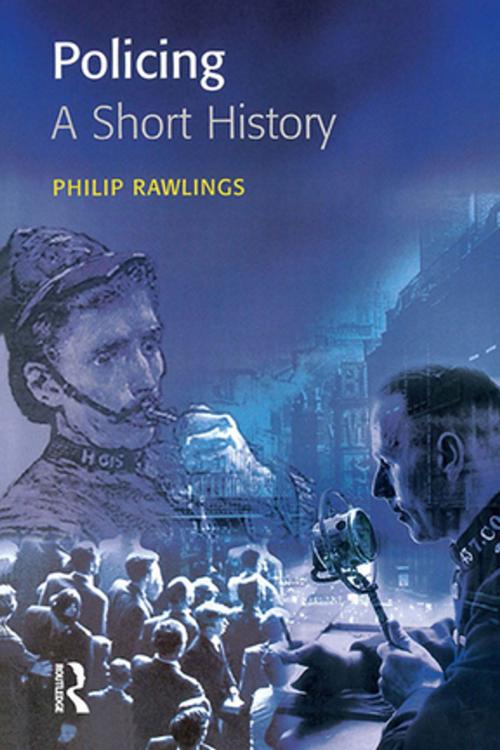Policing: A short history
Nonfiction, Social & Cultural Studies, Social Science, Crimes & Criminals, Criminology| Author: | Philip Rawlings | ISBN: | 9781135997342 |
| Publisher: | Taylor and Francis | Publication: | December 6, 2012 |
| Imprint: | Willan | Language: | English |
| Author: | Philip Rawlings |
| ISBN: | 9781135997342 |
| Publisher: | Taylor and Francis |
| Publication: | December 6, 2012 |
| Imprint: | Willan |
| Language: | English |
This book provides an overview of the history of policing in the UK. Its primary aim is to investigate the shifting nature of policing over time, and to provide a historical foundation to today's debates. Policing: a short history moves away from a focus on the origins of the 'new police', and concentrates rather on broader (but much neglected) patterns of policing. How was there a shift from communal responsibility to policing? What has been expected of the police by the public and vice versa? How have the police come to dominate modern thinking on policing? The book shows how policing - in the sense of crime control and order maintenance - has come to be seen as the work which the police do, even though the bulk of policing is undertaken by people and organisations other than the police. This book will be essential reading for anybody interested in the history of policing, on how differing perceptions emerged on the function of policing on the part of the public, the state and the police, and in today's intense debates on what the police do.
This book provides an overview of the history of policing in the UK. Its primary aim is to investigate the shifting nature of policing over time, and to provide a historical foundation to today's debates. Policing: a short history moves away from a focus on the origins of the 'new police', and concentrates rather on broader (but much neglected) patterns of policing. How was there a shift from communal responsibility to policing? What has been expected of the police by the public and vice versa? How have the police come to dominate modern thinking on policing? The book shows how policing - in the sense of crime control and order maintenance - has come to be seen as the work which the police do, even though the bulk of policing is undertaken by people and organisations other than the police. This book will be essential reading for anybody interested in the history of policing, on how differing perceptions emerged on the function of policing on the part of the public, the state and the police, and in today's intense debates on what the police do.















